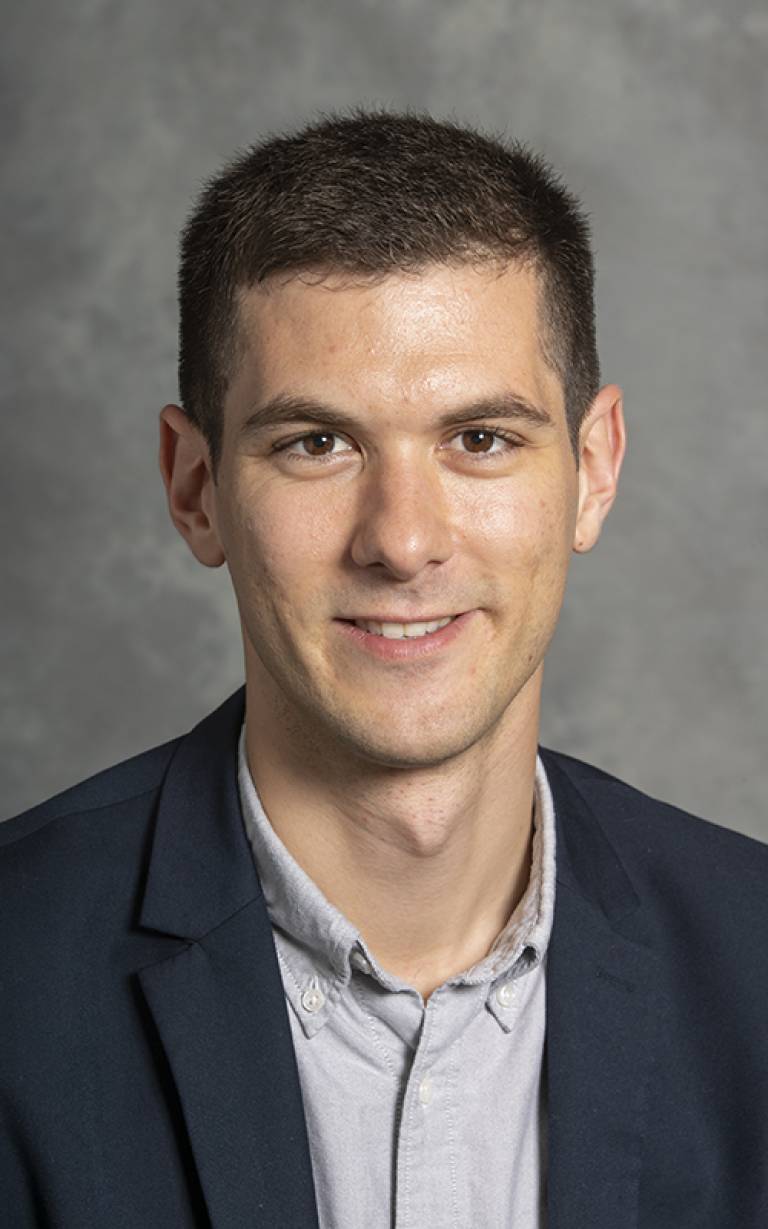How the fear of Muslim refugees and Islamophobia stole the Czech political agenda
23 May 2019, 6:00 pm–8:00 pm

This event is part of the SSEES Research Student Seminar Series. Join us to hear SSEES research students discuss their projects.
This event is free.
Event Information
Open to
- All
Availability
- Yes
Cost
- Free
Organiser
-
SSEES
Location
-
Engineering Front Executive Suite 103Engineering Front BuildingTORRINGTON PLACE,LondonWC1E 7JE
Why does the Czech Republic rank as the EU country with the least positive attitudes towards Muslims and (presumed-to-be Muslim) refugees? Why has opposition to these two groups become central to the political programmes and communications of many of the country’s mainstream parties? Why do Czech respondents consider ‘terrorism’ as one of the most important issues facing the EU right now (more saliently than respondents from any other member state)?
Czechia’s Muslim population is estimated to represent less than 0.2% of the total and it is generally considered that the country is an unlikely destination for refugees from Muslim-majority regions. In addition, Czech society holds relatively liberal values towards other questions like same-sex marriage or abortion laws. These and other indicators could lead us to think that the Czech Republic should be an unlikely place in which to find a pronounced aversion towards Muslims.
In order to analyse some of these questions, I will share a collection of insights from the relevant literature and present a preliminary research design of my dissertation on the topic. I will also welcome feedback from the audience to feed into the future of this project, which will be conducted over the next two to three years.
About the Speaker
Carlos Gómez del Tronco
PhD Candidate at UCL SSEES
Carlos Gómez del Tronco is an MSCA-funded MPhil/PhD candidate at UCL SSEES. He works as an Early Stage Researcher under the umbrella of the FATIGUE programme, a network of researchers which studies the rise of illiberalism and populism in post-communist Europe.
 Close
Close

